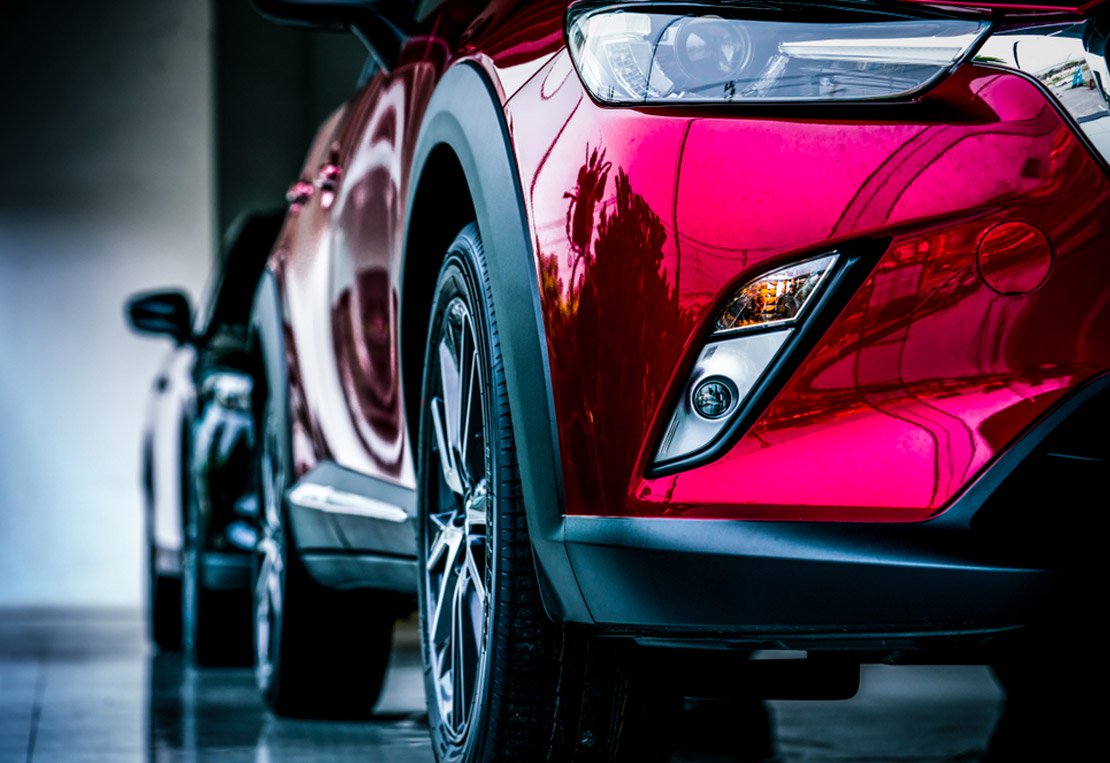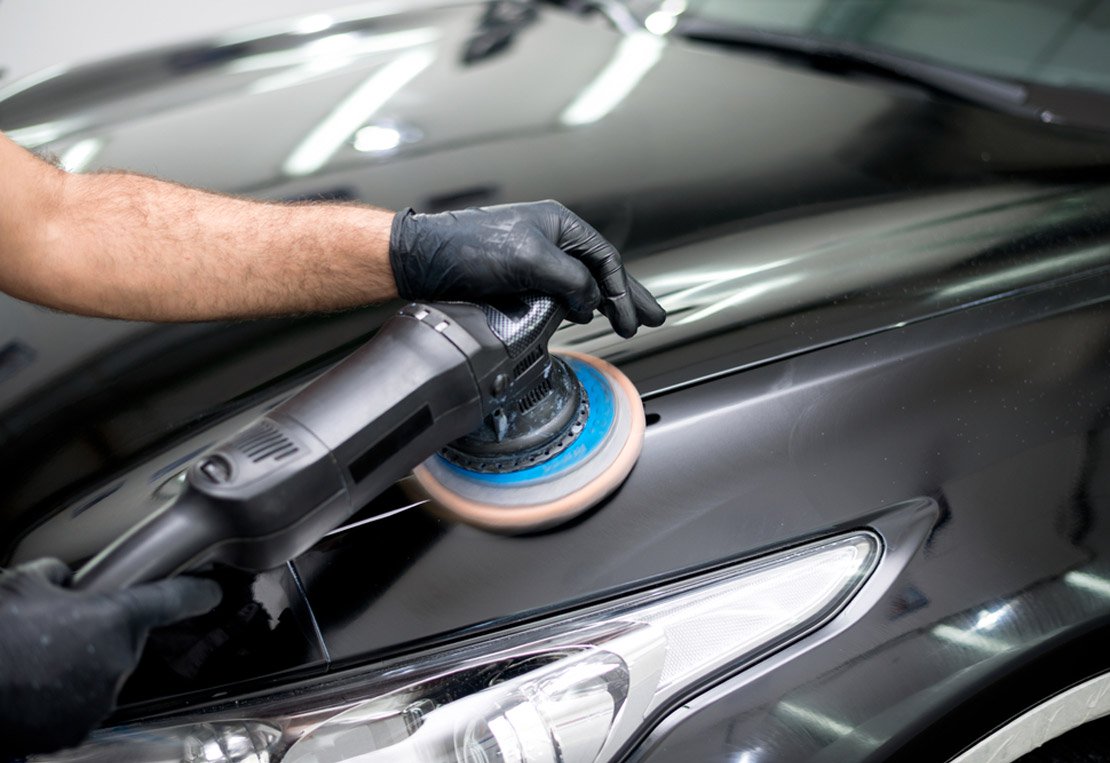The Little Known Dangers of Sugar Alcohols
Content
At some point and time, everyone craves a bit of sugar here and there. Whether you’re a huge body builder or on a strict vegan diet, sugary foods are all around and easy to tempt the mind. But, it seems that individuals recovering from alcohol abuse tend to crave sweets just a bit more than the average person. There are plenty of reasons that explain this occurrence, and it’s something that many drug and alcohol treatment services plan around. While sugar cravings might make you feel good initially, read on to learn why they aren’t always good for recovering alcoholics.
- If your body is not producing insulin, ketone bodies will begin to build up in your bloodstream.
- Therefore, sugar alcohols may help reduce sugar intake by providing a lower calorie alternative to sugar that still delivers a sweet taste (1, 6).
- Common types of sugar alcohols include xylitol, erythritol, sorbitol, maltitol, mannitol, isomalt, and lactitol (1).
- Your doctor may also admit you to the intensive care unit (ICU) if you require ongoing care.
- Untreated hypoglycemia can lead to severe and long-term health problems, which is why it is crucial to keep blood sugar levels within a typical range.
A pint of cider can contain as many as five teaspoons of sugar – almost as much as the NHS recommended daily limit. Reach out to us today by filling out the contact form below with your name, contact information, and a brief message about your recovery journey. If your story is chosen, a member of our team will reach out to you. We may receive advertising fees if you follow links to promoted online therapy websites. If you develop any of these symptoms, seek emergency medical attention. Compassionate evidence-based addiction care that delivers results.Find your peace and strength with us.
How Artificial Intelligence Can Help Combat Addiction
These products with low glycemic indexes are aggressively marketed to the overweight and those with insulin problems as ideal sugar substitutes. Alcohol is a depressant that impacts how your brain communicates with your body. If you have a history of depression or depressive symptoms, drinking alcohol can worsen your condition.
However, they’re not as efficiently absorbed or digested as regular sugar and therefore contain fewer calories. The most common disaccharide is sucrose, which is also known as table sugar and made up of a glucose and fructose molecule. Meanwhile, lactose is found in milk and made up of a glucose and galactose molecule, and maltose is made up of two glucose molecules. However, they have a different chemical structure, and your body does not absorb them as efficiently. Drinking is individualized and there’s no universal rule for how to do it safely when you live with diabetes. Talk to your doctor about your drinking habits and they can provide you with tips and tricks for how drink in a way that works for you.
A Rise In Sports Betting Means A Rise In Sports Gambling Addiction
There is a simple answer to this; alcohol and sugar share a unique connection, both physical and psychological. This connection causes this essential transfer, where recovering alcoholics may substitute alcohol with sugar. Having offered services for drug and alcohol rehab in West Virginia for years, we at Harmony Ridge Recovery have seen this connection and its effects manifold.

Eating a whole foods plant based diet can help stabilize blood sugar levels, resulting in a reduction of sugar cravings as well as alcohol cravings. Maintaining a healthy nutritional lifestyle is a form of self-care and is indicative of caring about your wellbeing, in which case you will be more inclined to care about your sobriety. Moreover, excessive alcohol intake can damage the liver’s ability to regulate blood glucose levels by reducing insulin sensitivity. Consequently, this leads to a higher risk of developing type 2 diabetes and may cause further sugar cravings. There’s a risk that drinking alcohol can lead to low blood sugar (hypoglycemia), especially for people with diabetes. Alcohol can inhibit the liver’s ability to regulate glucose levels, and it can interact with some medications to cause hypoglycemia.
Sugar and The Brain’s Reward System
If a person is already malnourished due to alcoholism, they may develop alcoholic ketoacidosis. This can occur as soon as one day after a drinking binge, depending on nutritional status, overall health status, and the amount of alcohol consumed. Alcohol can cause lower blood sugar levels in those without diabetes, but it’s rare for people without diabetes to experience hypoglycemia. Consuming alcohol can lead to hypoglycemia, especially for people with diabetes. It can also cause low blood sugar when combined with some medications. However, problems arise if the liver must choose between balancing blood sugar and detoxification because it cannot perform these actions simultaneously.

Your doctor and other medical professionals will watch you for symptoms of withdrawal. Remember, overcoming any addiction takes time, patience, and perseverance. With dedication and these helpful tips, managing your sugar cravings in recovery is achievable.
Sugar alcohols vs. artificial sweeteners
In today’s post, we’ll delve into the complex relationship between alcohol and sugar cravings. Do you often find yourself reaching for sweets why do alcoholics crave sugar after a night of heavy drinking? Alcoholics also experience sugar cravings as well, and the reasons behind this are multifaceted.
As a result, the child may have a predisposition to both of these compulsions. But frustratingly, you could be eating foods made with sugar alcohols without even knowing it — even if you’re reading those labels closely. The U.S. Food and Drug Administration (FDA) doesn’t require food companies to list erythritol on their nutrition labels.
Eating disorders themselves can overlap with mental health disorders, making journeys to recovery particularly difficult. Even in cases where they don’t, eating disorders by themselves can significantly inhibit rehabilitation. In this specific exploration’s context, an eating disorder can exacerbate sugar cravings beyond alcohol abstinence itself, discomforting the individual immensely. Some alcoholic drinks, like traditional cocktails, cream liqueurs, and dessert wines, are higher in carbohydrates and sugars. That means that these may lead to higher blood sugar levels than other types of drinks, including light beers, red and white wines, or distilled spirits.
A pure Agave tequila (100 percent Agave) has less sugar than other types of tequila. Because it is distilled, there are only 69 calories per ounce and no carbohydrates in it. It’s important to note that while these https://ecosoberhouse.com/ liquors are low in sugar and calories, it’s the mixers that can add extra sugar to your drink. Fruit juices and fizzy drinks like coke are popular mixers but can add a lot of sugar without you even realizing it.
This is especially significant to people who take insulin or medications like sulfonylureas that increase insulin production. When the liver is producing less glucose, medications that increase the amount of insulin in the body may cause blood sugar levels to go too low. Sugar alcohols are generally less sweet than sucrose and have fewer calories. They’re also less digestible, which may cause side effects in some people. On the other hand, sugar affects blood sugar levels more and may contribute to tooth decay.
They start with the brain and, in the case of a recovering addict, can be a sign of addictive behaviors. Once you quit drinking, your brain knows that it can receive the same dopamine rush you felt with alcohol through sweets, as they affect some of the same neural pathways alcohol does. This is because their body already has difficulties balancing blood sugar levels, which increases the likelihood of experiencing hypoglycemia. People with diabetes need to pay particular attention to their alcohol consumption because of its effects on blood sugar levels. Understanding what one is consuming and how alcohol influences blood sugar levels is particularly important for people with diabetes. Drinking alcohol when you take glucose-lowering medications (insulin) or certain oral medications can increase the risk of low blood sugar.
Blog image post (sticky)
Donec vitae hendrerit arcu, sit amet faucibus nisl. Cras pretium arcu ex. Aenean posuere libero eu augue condimentum rhoncus. Praesent ornare tortor ac ante egestas hendrerit. Aliquam et metus pharetra, bibendum massa nec, fermentum odio.
Post with Gallery
Donec vitae hendrerit arcu, sit amet faucibus nisl. Cras pretium arcu ex. Aenean posuere libero eu augue condimentum rhoncus. Praesent ornare tortor ac ante egestas hendrerit. Aliquam et metus pharetra, bibendum massa nec, fermentum odio.
Post with Audio
Donec vitae hendrerit arcu, sit amet faucibus nisl. Cras pretium arcu ex. Aenean posuere libero eu augue condimentum rhoncus. Praesent ornare tortor ac ante egestas hendrerit. Aliquam et metus pharetra, bibendum massa nec, fermentum odio.
Post with Video
Donec vitae hendrerit arcu, sit amet faucibus nisl. Cras pretium arcu ex. Aenean posuere libero eu augue condimentum rhoncus. Praesent ornare tortor ac ante egestas hendrerit. Aliquam et metus pharetra, bibendum massa nec, fermentum odio.
Maecenas ultricies
Donec vitae hendrerit arcu, sit amet faucibus nisl. Cras pretium arcu ex. Aenean posuere libero eu augue condimentum rhoncus. Praesent ornare tortor ac ante egestas hendrerit. Aliquam et metus pharetra, bibendum massa nec, fermentum odio.
Praesent imperdiet
Donec vitae hendrerit arcu, sit amet faucibus nisl. Cras pretium arcu ex. Aenean posuere libero eu augue condimentum rhoncus. Praesent ornare tortor ac ante egestas hendrerit. Aliquam et metus pharetra, bibendum massa nec, fermentum odio.
Quisque egestas
Donec vitae hendrerit arcu, sit amet faucibus nisl. Cras pretium arcu ex. Aenean posuere libero eu augue condimentum rhoncus. Praesent ornare tortor ac ante egestas hendrerit. Aliquam et metus pharetra, bibendum massa nec, fermentum odio.
Libero lorem
Donec vitae hendrerit arcu, sit amet faucibus nisl. Cras pretium arcu ex. Aenean posuere libero eu augue condimentum rhoncus. Praesent ornare tortor ac ante egestas hendrerit. Aliquam et metus pharetra, bibendum massa nec, fermentum odio.
Tortor posuere
Donec vitae hendrerit arcu, sit amet faucibus nisl. Cras pretium arcu ex. Aenean posuere libero eu augue condimentum rhoncus. Praesent ornare tortor ac ante egestas hendrerit. Aliquam et metus pharetra, bibendum massa nec, fermentum odio.






